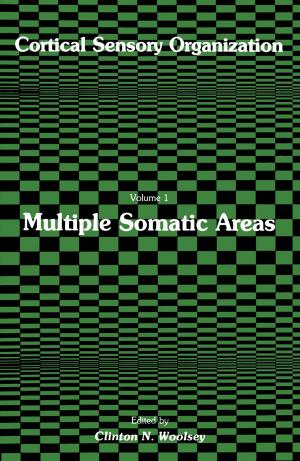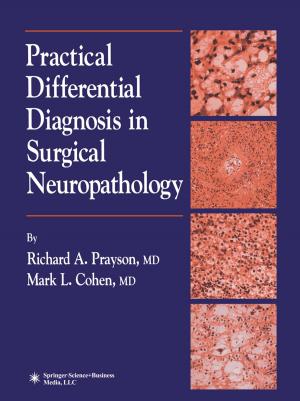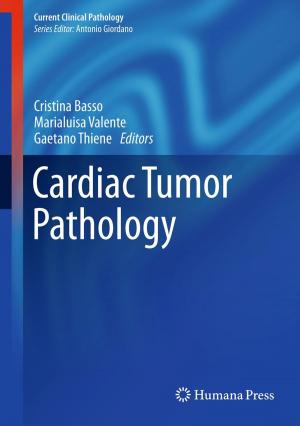Seizures in Critical Care
A Guide to Diagnosis and Therapeutics
Nonfiction, Health & Well Being, Medical, Surgery, Neurosurgery, Specialties, Internal Medicine, Neurology| Author: | ISBN: | 9781603275323 | |
| Publisher: | Humana Press | Publication: | December 24, 2009 |
| Imprint: | Humana | Language: | English |
| Author: | |
| ISBN: | 9781603275323 |
| Publisher: | Humana Press |
| Publication: | December 24, 2009 |
| Imprint: | Humana |
| Language: | English |
The first edition of Seizures in Critical Care: A Guide to Diagnosis and Therapeutics, which appeared in 2005, filled an important need in the ar- mentarium of the neurological, neurosurgical, and medical intensivists who deal with seriously ill patients in the ICU setting. Unlike epilepsy, as it u- ally presents in the outpatient department, seizures in ICU patients are nearly always secondary phenomena that signify that something is seriously amiss in very ill patients with primary medical or surgical disease. The job of the int- sivist is to identify the cause of the seizure or seizures, examine the myriad of potential contributing factors, and provide appropriate management and tre- ment that takes all aspects of the patient’s illness into consideration. As in the first edition, Dr. Varelas and his associates recognize the extreme importance of prompt recognition, diagnosis, and sophisticated management of seizures in this group of seriously ill patients. Dr. Varelas has now recollected his group of contributors and produced a new and up to date compendium of what one needs to know in order to work effectively in this difficult and demanding area. A welcome addition to the new edition is the chapter by Friedman and Hirsch on the role of continuous monitoring in the ICU which is essential for the diagnosis and treatment of nonconvulsive seizures as these may be the most common form of seizures in this setting but are often missed in the evaluation of patients in stupor or coma.
The first edition of Seizures in Critical Care: A Guide to Diagnosis and Therapeutics, which appeared in 2005, filled an important need in the ar- mentarium of the neurological, neurosurgical, and medical intensivists who deal with seriously ill patients in the ICU setting. Unlike epilepsy, as it u- ally presents in the outpatient department, seizures in ICU patients are nearly always secondary phenomena that signify that something is seriously amiss in very ill patients with primary medical or surgical disease. The job of the int- sivist is to identify the cause of the seizure or seizures, examine the myriad of potential contributing factors, and provide appropriate management and tre- ment that takes all aspects of the patient’s illness into consideration. As in the first edition, Dr. Varelas and his associates recognize the extreme importance of prompt recognition, diagnosis, and sophisticated management of seizures in this group of seriously ill patients. Dr. Varelas has now recollected his group of contributors and produced a new and up to date compendium of what one needs to know in order to work effectively in this difficult and demanding area. A welcome addition to the new edition is the chapter by Friedman and Hirsch on the role of continuous monitoring in the ICU which is essential for the diagnosis and treatment of nonconvulsive seizures as these may be the most common form of seizures in this setting but are often missed in the evaluation of patients in stupor or coma.















